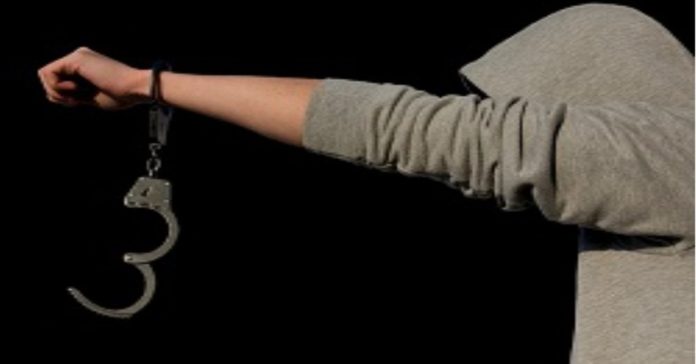
CASE: Dilip Singh vs. State of Madhya Pradesh & Anr.
CITATION: [Criminal Appeal No.53 of 2021]
CORAM: Justice Indira Banerjee and Justice Sanjiv Khanna
The Supreme Court observed that a criminal court that is exercising jurisdiction to grant bail or anticipatory bail is not expected to act as a recovery agent for the purpose of recognizing the dues of the complainant.
The complainant had filed a criminal complaint in which he alleged that the accused had received Rs. 41 lakh from him in relation to agreement for purchase for agricultural land and later on had refused to execute the sale deed. While the High Court disposed of the anticipatory bail application filed by the accused they directed him to deposit Rs. 41 lakh and furnish a personal bond of Rs. 50,000 with one solvent surety in like amount to the satisfaction of the arresting officer.
The accused then approached the Supreme Court to challenge the condition imposed.
The Apex court observed that “It is well settled by a plethora of decisions of this Court that criminal proceedings are not for realization of disputed dues. It is open to a Court to grant or refuse the prayer for anticipatory bail, depending on the facts and circumstances of the particular case. A criminal court, exercising jurisdiction to grant bail/anticipatory bail, is not expected to act as a recovery agent to realise the dues of the complainant, and that too, without any trial.”
The court observed that factors that are to be taken into consideration for bail applications are the nature of accusation, in case of conviction- the severity of punishment, the nature of materials relied upon by the prosecution and peculiar circumstances.
The bench allowed the appeal and removed the direction of depositing Rs. 41 lakh as the High Court had directed.








